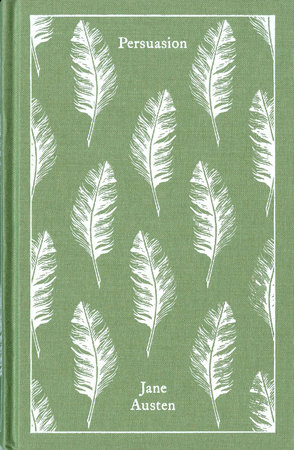Abraham Nussbaum
Physician, Teacher, Writer
The Reading Cure
People sometimes confuse psychics and psychiatrists. Shrinks can’t read minds; we read books. A few years ago, I left social media and resumed reading. Reading builds resiliency and the ability to form therapeutic alliances. Here are some books about doctoring that I have been reading lately:
-

Persuasion, Jane Austen
Austen describes a nurse “… a shrewd, intelligent, sensible woman. Hers is a line for seeing human nature; and she has a fund of good sense and observation which, as a companion, make her infinitely superior to thousands of those who having only received ‘the best education in the world,’ know nothing worth attending to.”…
-
Bedlam, Kenneth Paul Rosenberg
Rosenberg spent 5+ years following persons with serious mental illness. Our society allows them to disappear onto streets, jails, and early graves. If you know someone with a serious mental illness– and you do!– the Practical Advice at the end is helpful.
-
The Lost Art of Dying, L.S. Dugdale
To die well, you have to live well. If a doctor can help, they must draw attention to finitude instead of distracting from finitiude. As you contemplate your finitude, Dugdale is the doctor you want on the journey. She reclaims ancient wisdom for contemporary hospitals. Her words, and the woodcuts at the end, are a…
-
Northanger Abbey, Jane Austen
Henry Tilney describes courtship, but understands the physician-patient relationship:”We have entered into a contract of mutual agreeableness for the space of an evening, and all our agreeableness belongs solely to each other for that time. Nobody can fasten themselves on the notice of one, without injuring the rights of the other.”
-
Tears of Salt, Pietro Bartolo
Most physicians are telling burnout stories– this is how the work is killing me– these days. Bartolo writes “because I do not want them to be forgotten.” Although trained as an obstetrician, Bartolo takes care of all who wash up on the shores of his island. A beautiful example of how true doctoring means opening…
-
The Friend, Sigrid Nunez
Suicide silences. Suicide leaves behind. In the silence and absence, friendships are made (and remade) in Nunez’s elegant and wise novel. She asks “What we miss–what we lose and what we mourn–isn’t it this that makes us who, deep down, we truly are.” Stunning.
-
Beat the Reaper, Josh Bazell
Mafioso and medicine? There is an analogy between the two initiations, to be sure, but in Bazell’s page-turner, it’s a crass one. Medical knowledge is just one more skill a killer acquires. In the end, he comes to hate medicine– “The endless suffering and death of patients whose lives I was supposed to fix but…
-
American Prison, Shane Bauer
For-profit prisons stay efficient by excluding the chronically ill and the mentally ill says @shane_bauer, who went undercover in a LA prison run by CCA. He documents how working there as a guard changed him. Food for thought: is the same true of working at for-profit hospitals?
-
Emma, Jane Austen
Marriage plots hinge on status–allowance, house, title–but also: health. Before Emma can wed Knightley, they must conquer Mr. Woodhouse’s hypochondria. Emma and Knightley understand Mr. Woodhouse, anticipate his needs, and sacrifice themselves for their ‘patient.’ They have the character of true caregivers.
-
Body of Work, Christine Montross
The cadaver is the first patient, the first textbook, the first initiation rite for a medical student. Poet-turned-psychiatrist Christine Montross has the best book on how anatomical dissection is a taking apart of one body to build up another. “With my first cut, I have begun a personal transformation…”
-
Also Human, Caroline Elton
Medical science is advancing, while our psychological understanding of doctoring is regressing. So says Elton, a psychologist treating physicians in the UK. A learned reminder that physician burnout is transatlantic and can be ameliorated by improving both halves of the physician-patient relationship.
-
Breaking & Mending, Joanna Cannon
Physician burnout is a global phenomena. British shrink-turned-novelist @JoannaCannon just published the best burnout memoir. “The more often we witness small moments of compassion, the more humanity we see.”